Topic – Search Engine Optimization
Post Reading Time – 13 Minutes
Are you interested in boosting up your blog’s visibility and climbing higher in the search rankings? Welcome to this guide on on page SEO for bloggers, where we’ll go through the steps to optimize your content, make it reader friendly, and keep Google (and other search engines) happy at the same time.
Blogging & On Page SEO
To really get ahead in on page SEO, you should focus on keyword research, optimize your headings, titles, and meta descriptions, and make sure your content is of good quality. It’s also very important to increase the readability of it all by using short paragraphs and multimedia as well as the use of internal and external links. You must also optimize your blog for mobile devices. See the 20 Blogging Strategies Here!
What You’ll Learn From This Post
- Optimizing Keywords – Being sure to focus on keyword optimization within your content, titles, and meta descriptions.
- Readability Of Your Content – Having good readability and structure through good use of headers and short paragraphs.
- A Linking Strategy – Making use of both internal and external links to boost your site authority and user experience.
- Loading Speeds – Optimizing your images and other multimedia for faster loading times and better user engagement.
- Being Responsive – Being sure of mobile responsiveness and improving site speed for higher search engine rankings.

Start Your Training
- Build Your Website & Earn Revenue
- Support, Tools & Training Included
- Complete with Business HUB
- Artificial Intelligence Writers
- My Personal Support
- No Risk Free Starter Account
So, what is On Page SEO for?
On page SEO is all about fine tuning your web pages to help them rank better in the search results. The goal here is to make it easier for both search engines like Google and your readers to understand and enjoy your content that you have offered.
Keywords are of course a big part of the process, but there’s so much more to it than this. On page SEO is about improving the quality of your content from the inside out.
Unlike off page SEO, which focuses on things like quality backlinks, or technical SEO, which covers site wide fixes, on page SEO is about optimizing individual posts to make them ready for success.
In a nutshell, it’s about matching your content to what people are searching for. When you get it right, Google (and other search engines) can and will serve up your blog posts to the right audience at the right time.
How well you optimize your content will influence its authority and relevance in the eyes of the search engines, determining where you land in the search results.
Does all this effort really pay off though? Absolutely.
Focusing on on page SEO helps your blog rank higher in the search results and makes it more enjoyable for readers. A well optimized post is easier to find, easier to read, and more likely to leave a good and lasting impression.
That’s the ideal point for both all the search engines and your readers.
Let’s move on and get you ready to create content that isn’t only found, but also loved and shared.

Creating Content That Connects and Ranks
Nobody wants to create content that simply fades into the background and gets forgotten. The goal is to write articles that grab people’s attention while also ranking well in the search results.
To do this, you need to know your audience. Start off by understanding what they’re searching for, why they’re searching for it and what questions they need answered. When they leave your page, they should feel informed, educated and satisfied.
Keyword research is all out important here. Find terms your readers are looking for and try to naturally insert them into your content. Always avoid ‘keyword stuffing,’ which can make your writing sound forced or robotic.
Your content should be accurate, actionable, and engaging. It needs to be something that keeps readers scrolling through. Break up large blocks of text with subheadings, bullet points, and images to make it easier to read and more enjoyable on the eyes.
Titles also play a big part of it all. Think of your title as a promise to your readers. It should grab their attention while clearly showing what they’ll gain something by clicking and visiting you.
Just be sure to keep it under 60 characters and include your keywords to improve visibility.
Additional SEO Info & Resources
Every Piece of the SEO Puzzle
Once you’ve created content that is great for your audience, it’s then time to focus on the finer details of on page SEO. These small adjustments can make a big difference in boosting your search engine rankings.
URLs matter more than you think – A good URL includes your keywords and clearly shows what your page’s content is all about. Replace spaces with dashes, keep it short, and make sure it’s easy for both search engines and readers to follow along.
Headings and subheadings are important for structure – Use a single H1 tag for your main title, then organize the rest of your content with H2 and H3 tags. Adding relevant keywords to your headings can help, but always make sure they feel natural and meaningful.
Visuals do more than sit there looking good – They’re an important part of keeping your readers engaged. Use descriptive filenames for images and always fill in the alt text for accessibility and SEO benefits. If you’re adding videos, make sure they’re high quality and compress all those large files to avoid slowing down your site.
Links keep your blog flowing – Internal links help to guide your readers to other pages on your site and keep them engaged for longer. External links to reputable sources also add credibility. Make sure to use descriptive anchor text, and make sure every link adds value to your content.
Please know that mastering these basics will give you a strong foundation for getting into the more advanced SEO strategies.
In the next section, we’ll look at some tools and techniques that can help your blog perform even better.
Advanced On Page SEO Techniques For Bloggers
Once you’ve mastered the basics of on page SEO, it’s time to look at the more advanced techniques. These strategies can help your content stand out and perform better in search results.
Page speed is a huge deal – If your site takes more than a few seconds to load up, many visitors will simply leave before even reading your content. To keep your site running smoothly, focus on improving what’s known as the Core Web Vitals.
That’s Google’s user experience metrics for speed, interactivity, and visual stability. Tools like Google’s PageSpeed Insights can help you identify and fix any issues which may be slowing your site down.
Each of these can give you a significant edge in how your content performs in search results.
Featured snippets can put you at the top – These are the quick answer boxes that you see appear at the top of the search results. To increase your chances of getting featured there, make sure you create content that directly answers common questions in a clear and concise way. Use bullet points, numbered lists, or tables to format your answers.
Schema markup helps search engines understand your content – This HTML code gives search engines extra details about your page, such as product prices, reviews, or breadcrumbs. Adding schema can make your search listings stand out with richer details.
These advanced techniques take time and regular updates as algorithms and standards change. Don’t stress about getting everything perfect right away. Advanced on page SEO is a process, and you’ll improve as you keep at it.

A List of 20 SEO Strategies For Bloggers
Mastering SEO can feel really overwhelming I know, but breaking it down into small actionable strategies makes it much more manageable and a lot less frightening.
In this section, you’ll find 20 proven techniques (which I use personally) that can help your blog rank higher, attract more readers, and provide a better experience for your readers.
These strategies cover everything you need to know.
Basic On Page SEO Strategies
Use Your Keywords Wisely
Always put focus on keywords that match your audience’s search intent. Place them naturally in titles, headings, and throughout your content without overdoing it. Be sure to avoid keyword stuffing as it’s counterproductive.
Write Strong Meta Descriptions
Create compelling meta descriptions (under 160 characters) that include your main keyword. They should give readers a clear reason of what your post is about and why to click on your link.
Optimize Your URL Structure
Keep URLs short and descriptive. Use the keywords in your URLs and replace spaces with dashes to make them search engine friendly.
Optimizing Content for SEO
Structure Your Content for Readability
Break up large blocks of text with an array of subheadings, bullet points, and short paragraphs. Make your content easy to scan and enjoyable to read.
Add Visuals to Your Post to Boost The Engagement
Use images, infographics, or videos to make your posts more engaging. Optimize all the visuals by compressing the files and including the alt text for SEO.
Create High Quality & Original Content
Have focus on providing value to your readers. Answer their questions, solve their problems, and make your content unique and genuine.
Technical SEO for Bloggers
Improve The Page Speed
A slow loading site drives visitors away. Use tools such as Google’s PageSpeed Insights to identify any issues and fix them. Compress all of your images, enable caching, and reduce any unnecessary plugins.
Make Your Blog Mobile Friendly
Most traffic comes from mobile devices nowadays, so make sure your site is responsive. Use a mobile friendly design and always test how your pages perform on smaller screens.
Use Internal Linking
Guide your readers to other relevant posts on your blog by using internal links. This not only improves navigation for your visitors but it also helps search engines crawl your site.
Incorporate External Links
Link out to credible, authoritative sources to add depth to your content. Always make sure that external links are relevant and enhance your post.
Advanced SEO Techniques
Target Featured Snippets
To appear in featured snippets, you need to create content that directly answers people’s common questions. Use bullet points, lists, or tables to make your answers easy to read.
Add Schema Markup
Schema markup helps search engines understand your content better overall. Use it to highlight things like reviews, product details, or breadcrumbs in search results.
Focus on the User Experience (UX)
Make your site easy to navigate around. Use a clean layout, fast loading pages, and clear calls to action to keep visitors interested and engaged.
Encourage Social Sharing
Add social share buttons to your posts to increase visibility. While this is not a direct ranking factor, social shares can drive traffic to your site and improve the overall engagement.
Staying Consistent with SEO
Regularly Update Your Content
Go back and refresh older posts with updated information, better visuals, or new links. Keeping your content current helps maintain search engine rankings and reader trust.
Analyze Your Performance with SEO Tools
Use tools like Google Analytics or SEMrush to track your performance. Check on metrics like bounce rates, time on page, and organic traffic to adjust your strategy as needed.
Encourage Reader Comments
Always try to create a sense of community by inviting comments on your posts. Engaging with readers can boost the time on page metric and signal its relevance to the search engines.
Monitor and Adapt to Algorithm Changes
SEO is an ever evolving field. Try to stay up to date on algorithm updates and adjust your strategies accordingly.
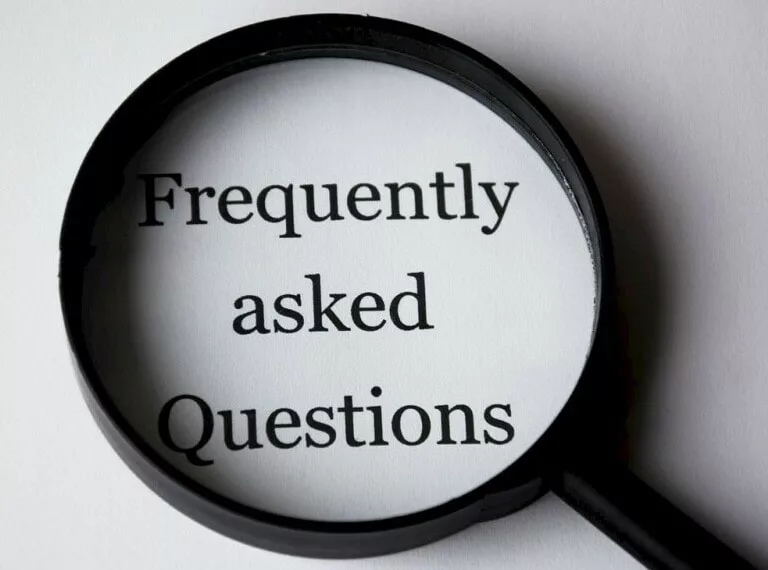
Frequently Asked Questions – FAQs
What is on page SEO, and why does it matter for bloggers?
On page SEO is the practice of optimizing individual pages on your website to make them more visible to search engines and appealing to readers. This includes using keywords effectively, structuring content with headings, and improving the overall user experience.
For bloggers, it’s important because it helps your posts rank higher, attract more readers, and keep visitors interested and engaged.
How can I choose the right keywords for my blog?
Start off by thinking about what your audience is actually searching for and what topics are relevant to your niche. Use keyword research tools to find terms which possess a good search volume with low competition.
Focus on keywords that naturally fit into your content and reflect what your readers want to know.
What are the Core Web Vitals, and how do I go about improving them?
Core Web Vitals are Google’s measures of how user friendly your site is. They include –
- Loading Speeds – How quickly your page content appears.
- Interactivity – How fast the site responds when users come and interact with it.
- Visual stability – How stable the layout is while the page is loading.
To improve them, optimize your images, minimize all unnecessary plugins, and use tools like Google’s PageSpeed Insights to find the areas which need adjusting.
What is schema markup, and do bloggers need it?
Schema markup is a way to give search engines extra details about your content, like showing ratings, product prices, or FAQs directly in the search results. While this is not mandatory, it’s helpful for making your posts stand out.
Bloggers who write reviews, tutorials, or guides can benefit the most from schema.
How often should I update my blog posts?
It’s always good to update your content regularly so try and aim to do this once or twice a year. If a post is outdated or includes information that’s no longer accurate, update it sooner.
Adding fresh details, new links, or updated visuals can keep your content relevant and performing well in the search results.

Best Practices for Evergreen SEO
Evergreen SEO means you need to be creating content that stays relevant and valuable over time.
To make sure your blog continues to perform well long after it’s published, be focusing on what your readers want.
Make sure your content meets with what people are actively searching for by understanding their intent and covering topics thoroughly.
When any of your readers come and find value in what you have to say, they’re more likely to return.
The internet is always changing, and your blog should too.
Always go back to your old work updating your posts with new information, better visuals, or improved links as this can help maintain their relevance and ranking.
Incorporating unique elements like original research, fresh ideas, and useful resources will also set your blog apart from the rest.
Google and other search engines reward unique content, and your readers will appreciate it too.
While technical SEO is important, never lose sight of your audience. Create content that’s easy to navigate, enjoyable to read, and genuinely helpful.
By putting your readers first, you’ll not only improve their experience but also earn recognition naturally from the search engines.
Remember, SEO isn’t a one time effort, it’s an ongoing process. It never ends.
By consistently refining, adjusting and staying informed about updates, you can build a blog that grows and evolves with your audience.
A Quick Note From My Experience
I’ve been blogging and working with SEO for a long time now, and one of the things I’ve learned is that it’s a process of trial and improvement. When I first started optimizing my blog posts, I made plenty of mistakes, like keyword stuffing and overlooking the importance of mobile responsiveness. As time went on, I learned that focusing on quality content and creating a good user experience always paid off more than trying to game the system.
One example I can share is when I improved the internal linking on my site. By connecting related articles with care and thought, I not only saw better engagement from my readers but I also saw a noticeable improvement in the search rankings. Small, but consistent updates like this can make a really big difference.
Remember, SEO is a long game, but with patience and attention to detail, the results are worth it.
It’s been a pleasure going into the world of on page SEO for bloggers with you.
Do you need a quick summary? If so just scroll back here to ‘A List of 20 SEO Strategies for Bloggers‘ for the complete list of actionable tips to improve your blog’s SEO.
Thank you and please leave your comments and thoughts below.
Chris
Wealthy Affiliate
This is where my journey into the online world began, and it’s still the only community I trust for genuine, high quality guidance on building a business and earning money online.
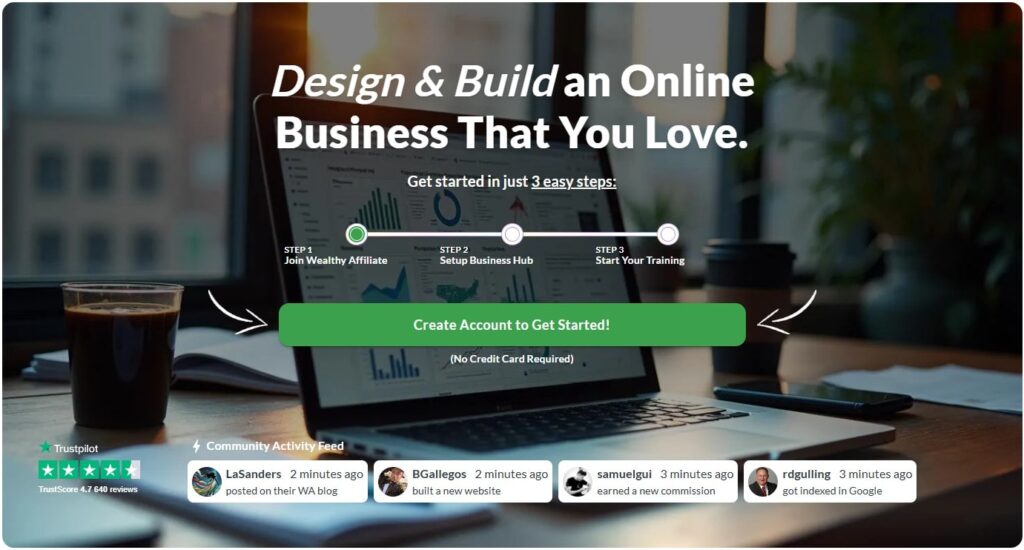
The Wealthy Affiliate platform offers everything you need – training, hosting, tools, resources, and live assistance – all in one place.
If you’re ready to start your online business, this is the perfect place to begin.
I highly recommend Wealthy Affiliate for its unmatched support and resources.
About Chris Towers – Follow Me
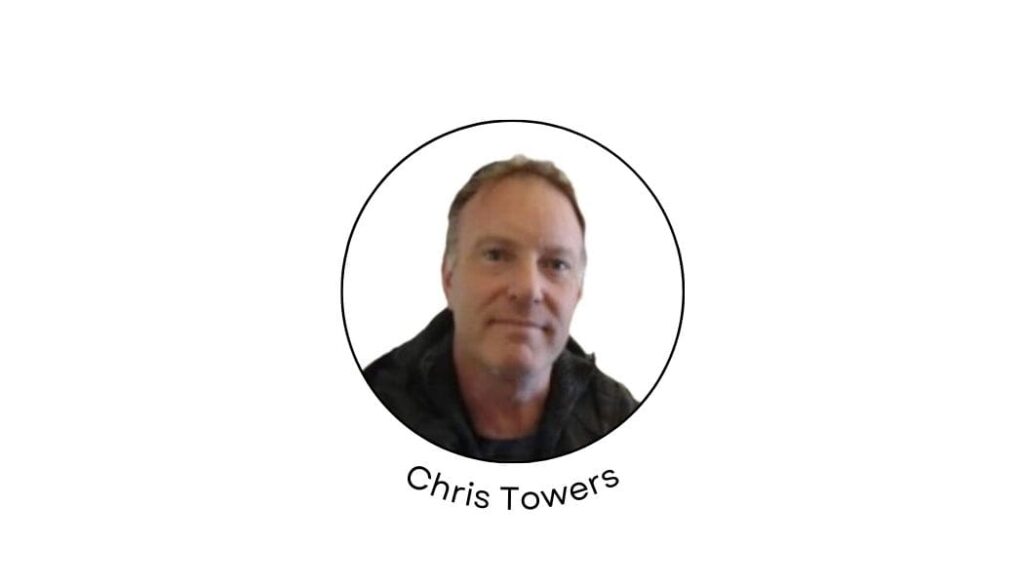
My name is Chris Towers, and I’m here to help you make sense of affiliate marketing and build an online income. Through years of experience, I’ve learned what works, and I want to share those lessons here to help you succeed.
Related
- How To Optimize Your Website For Voice Searches That Rank
- Pillar Pages Explained And How They Improve Your SEO
- How Does Internal Linking Help SEO? Better Rankings Made Easy!
- How To Drive More Traffic To Your Blog Using Medium
- How To Get More Visitors To Your Website For Free (Proven Tips)
- How To Choose The Right Domain Name For A Website
Just to be open with you – My site includes links that are part of affiliate programs. If you click on these links and buy something, I might get a small commission. There’s no additional cost for you whatsoever. It’s a simple way to support the content I create for you. I hope you are OK with this & thank you for your understanding.
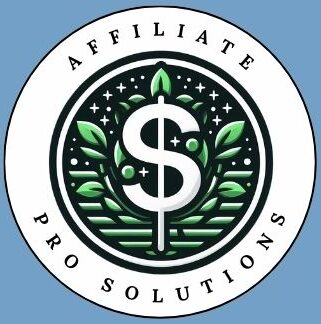


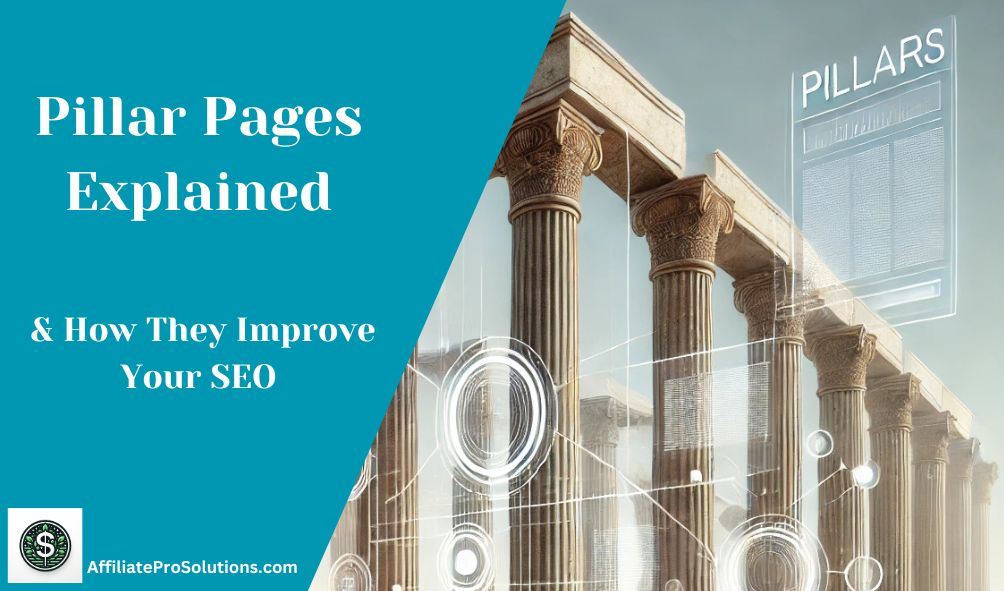
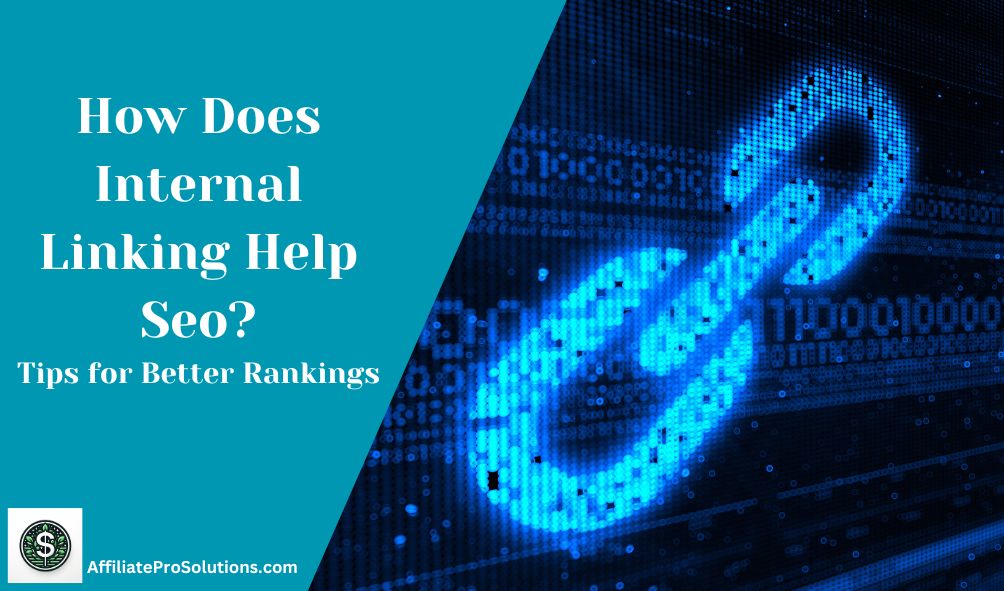



When doing SEO the first step is definitely thorough keyword research. And to try and go for the ones with as little competition as possible is preferable, especially when you are starting out.
I find internal links to other relevant pages on your site are also a big help and helps keep your visitors on your website for longer.
There are also so many advanced techniques that can be looked at, but I always do these two first. What in your opinion is something you would not leave out in this process?
Thanks for your visit and comment again Michel.
To be honest I would avoid leaving any of them unattended. It is important to get the SEO correct while at the same time being true to your readers.
The one thing I am aware of with people starting out is the use of images. People suffer very slow website speeds due to heavy images so it is always advisable to compress these before uploading.
I also recommend checking the page speed using the Pagespeed insights free tool. Keeping on top of website speed is important and can be detrimental to your rankings if you do not pay attention.